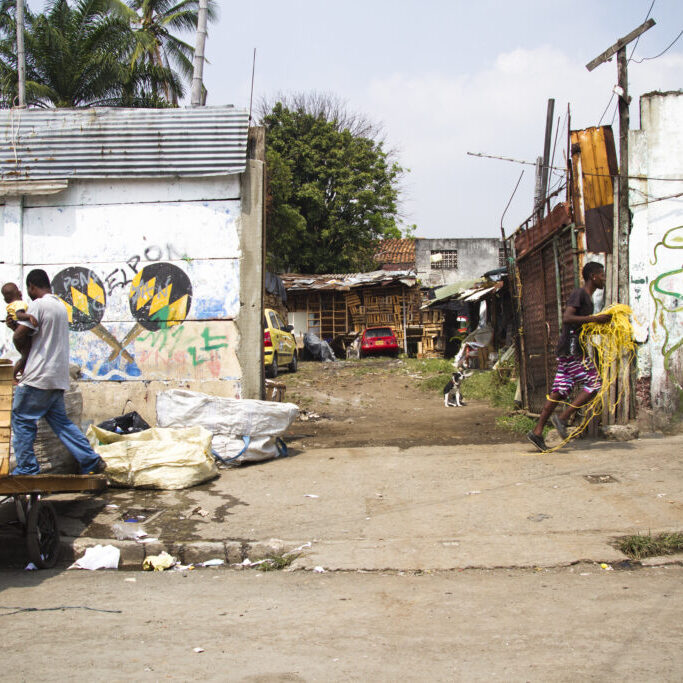RCRC Urban Collaboration Platform
Background:
Increasing numbers of the globe’s poor and vulnerable peoples are to be found in urban environments facing a complex web of risk and vulnerabilities. Along with the government, international development and humanitarian agencies and civic society organizations, the Red Cross/Red Crescent (RCRC) family is progressively engaged in addressing urban risk, and building resilience in urban areas, in addition to responding to major urban disasters and assuming a prominent role in urban recovery/reconstruction efforts. There are also results in developing new tools and/or adapting existing ones to help NS navigate effectively in complex urban environments.
The RCRC engagement in urban disaster/crisis response, DRR and resilience programming continues to be strong with active participation in the global urban agenda such as Urban Forum, World Humanitarian Summit, HABITAT 3 and UNISDR Global Platform. Influential strategic documents such as the New Urban Agenda presented in Quito at Habitat 3 have seen the active engagement of both the IFRC members and of ICRC, with significant contributions on both crisis and disasters in cities.
The climate change adaptation programs are also expanding to urban areas particularly focusing on heat waves and city floods. There has been progress in the development of tools specified in the workshop as well. For instance, the GDPC has developed tools for City Risk Assessment and Coalition Building for DRR in urban areas. Many National Societies have also accumulated considerable experience and knowledge in dealing with protracted crises in urban areas (e.g. refugee crises in the Middle East and Europe, stabilization of complex neighborhoods, recovery programs in urban areas.
The Federation Secretariat and American Red Cross (ARC) have initiated an Urban Collaboration Platform (UCP) since early 2016, with strong support from several National Societies (NSs), the RCRC Climate Center and Global Disaster Preparedness Center (GDPC). The first output of this process was the Urban Assessment Workshop hosted by the Danish Red Cross in Copenhagen on 20-21 June, 2016. The participants of the workshop expressed a strong interest in expanding this kind of collaboration to other topics related to urban resilience and disaster risk reduction. Building on this momentum, and in cooperation with the Norwegian Red Cross a second workshop will be organized in Oslo (May 18-20, 2017) to strengthen the collaboration process and advance the RCRC knowledge and practical skills in urban disasters and crises. The objectives, expected outputs and operational modalities of the UCP will be discussed and endorsed at the Oslo workshop.
Aim and objectives
The aim the UCP is to help RCRC National Societies to be better informed, better connected and better engaged in understanding and working in urban context.
Objectives:
1. To set up and managing a RCRC urban practitioners network composed of key staff from IFRC Secretariat, ONSs, PNSs, Climate Center and GDPC .
2. To develop a RCRC urban position paper which articulates priorities, strategies and entry points for purposeful engagement in pre-during and post disaster for RCRC in urban areas.
3. Serving as the focal point and coordinating RCRC collective response to global urban events and policy agendas.
4. To capture and share the progress in the innovative approaches and tools.
5. To organize events such as webinars, workshops on identified topics; particularly encouraging innovation and learning from domestic services of PNSs.
6. To facilitate development of global tools to assist RCRC and our local partners effectively work in urban settings before, during and after the disaster and crises.
7. To optimize opportunities for funding of urban global tools, programs and a learning agenda, based on strength, expertise and interest.
8. To provide technical assistance to RCRC family as needed.
Urban Collaboration Platform: Resource Page
Discover tools and resources on the Urban Collaboration Platform page to enhance your urban projects:

